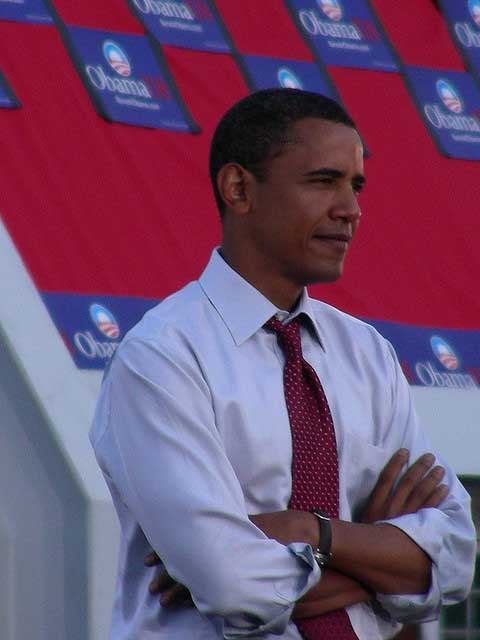Make no mistake: the higher the unemployment rate in November 2012, the less likely President Obama is to win a second term.
But we should be careful about asserting that there is any particular threshold at which Mr. Obama would go from favorite to underdog, or any magic number at which his re-election would either become impossible or a fait accompli. Historically, the relationship between the unemployment rate and a president’s performance on Election Day is complicated and tenuous.
…historically, the correlation between the unemployment rate and a president’s electoral performance has been essentially zero.
Unemployment increased by 1.9 percentage points over the course of Richard M. Nixon’s first term, but he won re-election easily. It also increased in George W. Bush’s and Dwight D. Eisenhower’s first terms, and their re-election bids were also successful. The unemployment rate fell to 3.9 percent from 5.3 percent, meanwhile, in Bill Clinton’s second term — but his vice president, Al Gore, could not beat Mr. Bush in the Electoral College.
There are also cases in which the data behaved more intuitively: Jimmy Carter and the elder George Bush all faced high unemployment rates when they lost their re-election bids, as did Gerald R. Ford in 1976, and that was surely a factor in their defeats.
Keep reading: On the Maddeningly Inexact Relationship Between Unemployment and Re-Election
